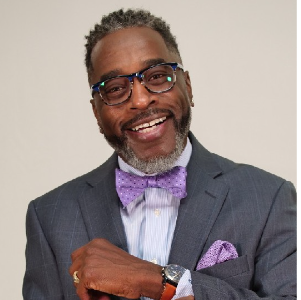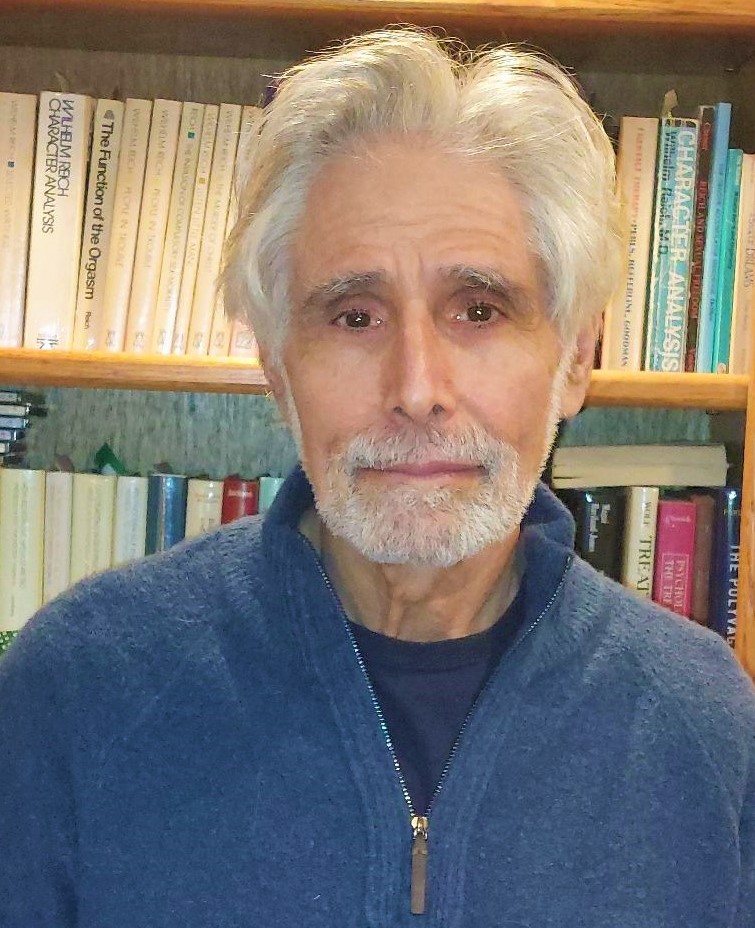I have been an existential-humanistic therapist for over 45 years, and there is one major underlying theme for just about every client I see. This theme also applies to me and, I believe, to all of us.
In my practice, each client feels, on some level, that they are unlovable. I believe this toxic message pervades the ethos of our culture in the United States. Thus, if everyone is imbued with this message, it can’t be avoided.
You can learn it verbally or non-verbally from your parents. If your parents don’t communicate this message, you will still eventually experience some form of this message from your friends, your teachers, or from society. Examples of this message are: “You are unlovable because you are not competent,” “You are unlovable because you are not thin,” and “You are unlovable because you are not cool.”
The cultural wound that you are “unlovable” is so pervasive it can unconsciously, if not consciously, impact your view of yourself regardless of how much your parents, friends, and teachers value you.
If you leave your childhood feeling pretty good about yourself, you will still engage with others in the adult world who don’t feel lovable. They can project their feelings of unlovability onto you. This can trigger any self-doubts you may have about your lovability.
As clients come in with their unique life-concerns, I am often aware that the underlying theme of their life-concern revolves from their experience of believing they are unlovable. A primary way that growth will take place is through their lived experience of a validating relationship between us. The validating relationship addresses their strengths and vulnerabilities within the context of their inherent lovability.
In whatever they explore, my deep caring for them as a human being comes across. As this validation and caring happen throughout the therapeutic course, it supports them to love themselves in both their healthy parts and their wounded parts.
The toxic message of unlovability is so strong that it takes time to experientially accept and love themselves. Becoming aware of your inherent lovability doesn’t take away your responsibility to work on parts of yourself informed by your personal wounds. What is important, however, is that you are able to approach this process from a stance of self-love, not self-loathing.
After a successful course of therapy, I often get some form of the following feedback:
• I feel good about being me.
• I don’t have to prove myself to others.
• It’s such a relief not to be driven by what others might think of me.
• Loving myself is so freeing.
They thank me for my compassion and understanding. I thank them for the courage and perseverance it took to let themselves experience and believe in their lovability.
If this blog strikes a chord for you, I suggest the following exercise:
1 Consider one way the outside world has wounded you by convincing you that you are unlovable.
2 Imagine talking to this belief about your lovability from a wiser and heart-centered part of yourself.
3 Imagine exploring all the reasons why the belief isn’t true.
4 Be kind to yourself about whatever emerges.
5 Imagine telling your wounded self that you are inherently lovable in all your parts.
6 Imagine your wiser and heart-centered self embracing your wounded self.
I want to end off this blog by echoing your wiser, heart-centered self and saying: Remember, you are, and always have been, lovable.




